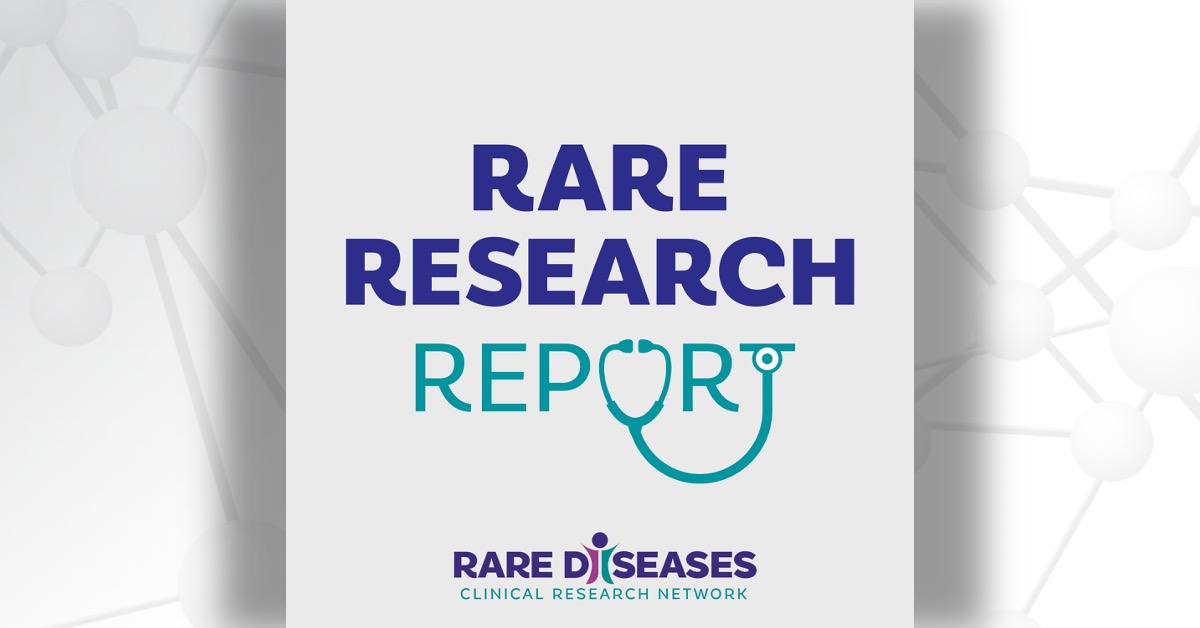The NIH Rare Diseases Clinical Research Network (RDCRN) comprises 19 consortia involving some 80 investigators at over 70 academic institutions. This program and its Data Management Coordinating Center (DMCC) are receiving an aggregate total of $117 million over five years. The research conducted with the new funding will explore the natural history, epidemiology, diagnosis, and treatment of more than 95 rare diseases.
A rare disease is defined as a disease or condition affecting fewer than 200,000 persons in the United States. Approximately 7,000 such disorders have been identified, affecting an estimated 25-30 million Americans.
"The progress made by researchers through the Network over the past six years is important and impressive. We have shown that this approach can be a catalyst for progress in meeting the challenge of rare diseases."
- NIH Director Francis S. Collins, MD, PhD, in announcing the expansion of the RDCRN
Initially created in 2003, the RDCRN is unique in its approach to addressing disease. Previously, the NIH's institutes and centers funded research on individual rare diseases. The RDCRN is the first program that aims to create a specialized infrastructure to support groups of rare diseases that are related
Since its creation, the RDCRN has enrolled over 6,600 patients into 48 clinical studies in rare diseases.
Patient recruitment is a fundamental challenge in rare diseases research because there are typically so few affected patients in any one area. The RDCRN was designed to address this problem by fostering collaboration among scientists and shared access to geographically distributed research resources. Network consortia also have established training programs for investigators who are interested in rare diseases research.
"Collaboration is a critical element of rare diseases research and the partnerships represented in this program have tremendous potential to make great strides in understanding these diseases," said Stephen C. Groft, PharmD, director of NIH's Office of Rare Diseases Research (ORDR). "The Network emphasizes collaboration not just among investigators from multiple research sites but between investigators and patient advocates as well."
The direct involvement of patient advocacy groups in network operations, activities, and strategy is a major feature of the RDCRN. Each consortium in the Network includes relevant patient advocacy groups in the consortium membership and activities. These patient advocacy groups serve as research partners. Collectively, the Coalition of Patient Advocacy Groups (CPAG) represents the perspective and interests of all patient advocacy organizations associated with the RDCRN. The CPAG participants meet frequently throughout the year via teleconference and face-to-face meetings. Additionally, they participate in network-level discussions and meetings.
Funding and scientific oversight for the RDCRN are provided by ORDR and seven NIH Institutes, which also contribute administrative support to the Network:
- The National Institute of Neurological Disorders and Stroke (NINDS)
- The National Institute of Child Health and Human Development (NICHD)
- The National Institute of Allergy and Infectious Diseases (NIAID)
- The National Institute of Arthritis and Musculoskeletal and Skin Diseases (NIAMS)
- The National Institute of Dental and Craniofacial Research (NIDCR)
- The National Institute of Diabetes and Digestive and Kidney Diseases (NIDDK)
- The National Heart, Lung and Blood Institute (NHLBI)
Several consortia also receive financial support from their associated patient advocacy groups.

"This innovative program provides unique insights into the development of rare diseases as well as therapeutic opportunities. The NINDS is proud to administer the RDCRN data management coordinating center on behalf of the NIH."
- Story C. Landis, PhD, director of the NINDS
The Data Management Coordinating Center (DMCC)

In the RDCRN's first phase, the Network's Data Management Coordinating Center (DMCC), led by Dr. Jeffrey Krischer, developed a system for collection, storage, and analysis of RDCR N data, and additional systems to address needs of individual studies, such as a laboratory data collection system, a specimen tracking system, and a pharmacy management system (to support blinded distribution of
study agents and placebos). The DMCC also created RDCRN's central public website, developed as a portal for the rare diseases community, including patients and their families and health care professionals, to provide information on rare diseases, relevant research, and other activities.
Located at www.RareDiseasesNetwork.org, the web site had over 2.8 million visits in 2009. The RDCRN DMCC also developed a unique voluntary patient registry that provides ongoing contact with approximately 5,900 individuals from 72 countries representing over 83 diseases, alerting them when new studies are opened in the network or when ongoing studies expand to new sites.
Currently, the University of South Florida is expanding its role. It has now developed uniform investigative clinical research protocols for data collection in collaboration with the RDCRN Steering Committee to monitor protocol adherence, data collection and data submission. It works with each consortium's Data and Safety Monitoring Board to establish protocols for adverse events notification and reporting.


